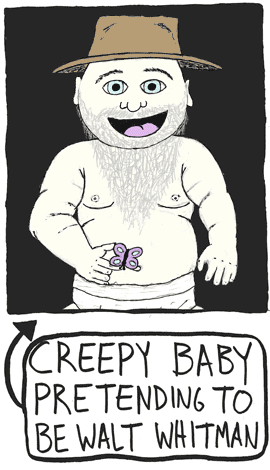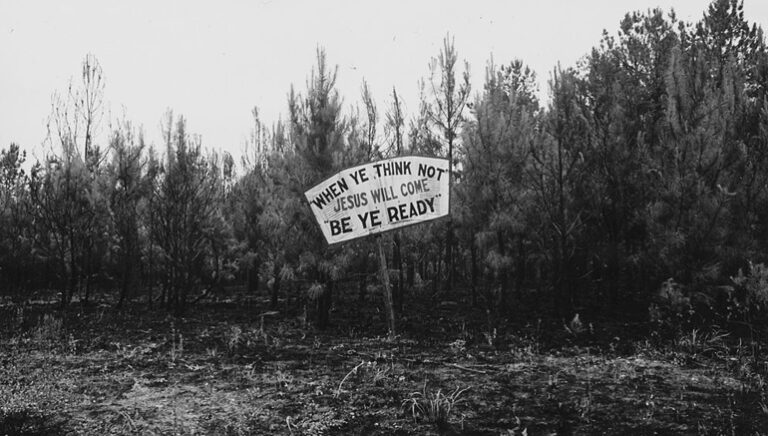“That Swerve that Takes Me Somewhere Else”: An Interview with Rick Barot
 Rick Barot’s poems are assured, finely composed structures in which memory and emotion often take startling, deeply moving turns. He is the author of three books of poems, including The Darker Fall and Want. Rick was born in the Philippines, grew up in the San Francisco Bay Area, and now lives in Tacoma, Washington. He teaches at Pacific Lutheran University, where he directs The Rainier Writing Workshop. Recently I caught up with Rick via email to talk about his new book, Chord.
Rick Barot’s poems are assured, finely composed structures in which memory and emotion often take startling, deeply moving turns. He is the author of three books of poems, including The Darker Fall and Want. Rick was born in the Philippines, grew up in the San Francisco Bay Area, and now lives in Tacoma, Washington. He teaches at Pacific Lutheran University, where he directs The Rainier Writing Workshop. Recently I caught up with Rick via email to talk about his new book, Chord.
Matthew Thorburn: Chord seems very carefully arranged so that adjacent poems speak to each other, and so that different family stories and personal narratives are gradually woven together into a larger whole. How did you go about putting your poems together as a book? Is this a process that changes for you, from book to book?

Rick Barot: The arrangement of Chord happened well after I’d finished writing the poems for the book. The poems were written over a span of about eight years, and during that time I didn’t have a sense of an overall theme that the poems were contributing to. I just wrote the poems. Some felt personal. Some felt polemical. I didn’t want to spend any time thinking about what the poems were and how they related to each other. I liked being surprised by what came up. My previous book, Want, had been a kind of project book. When I started it I had a clear sense of it in mind, and in the three years I wrote the poems of that book, I adhered to the theme. That experience taught me that I didn’t want to be that constrained in my next book. Until I had the poems in Chord spread out on my living room floor and I went through the process of moving things around and taking things out, I didn’t know that the book would be anything but a miscellaneous gathering of poems. In fact, to me it still feels like a miscellaneous gathering, even though I know it’s informed by recurring ideas and preoccupations.
MT: The opening poem, “Tarp,” is a wonderful example of something I especially admire in your work: the way you can start a poem with something from everyday life, something as seemingly unremarkable and harmless as a tarp, and then suddenly we find you’re writing about something much darker and closer to the heart. Would you talk about how a poem starts for you—and how you started writing this particular poem?
RB: Probably like every other writer, I have a bulletin board over my writing desk that has all sorts of things pinned to it. For a number of years I had a post-it note on the board that said: “poem about tarp.” I didn’t really think there was a poem there, only that I’d been noticing tarp everywhere and that I was vaguely pleased by their various colors and uses. Finally, when I was sure that I had enough poems for the manuscript that would be Chord, I looked at that post-it note one more time and decided to try writing the poem. The process described in the poem is more or less what happened to me on the day I wrote the poem: I spent a few hours fiddling around with lines about images of tarp, until, at some point, I realized the images were actually about the flimsy defenses we have against the awful things in life. The turn in the poem was as shocking to me as I hope it is for the reader of the poem.
How “Tarp” came about is pretty much how all my poems come about these days: I have a glimmer of something, I wait for a long time to see what other images constellate around that original something, then I begin writing, usually finishing the poem within a day or so of starting it. When I’m writing, I know that the poem is a poem because I experience that swerve that takes me somewhere else. I love what Grace Paley said about her own process, something like: “I know I have a story when I have two stories.” I feel the same about the process of discovery that’s the writing of the poem: I’m trying to make my way to that second story, that third story, or even that fourth story within the poem.
MT: I’m always interested to hear how poets choose the titles for their books. How did you decide on Chord—how did you know it was the right title for this collection?
RB: Chord didn’t arise as a title for the book until the manuscript had been accepted by Sarabande. For years the working title I had in mind was Looking at the Romans. I didn’t have an especially good reason for Looking at the Romans, except that it was my favorite poem among the piles of things I had written. I also liked the way that poem highlighted the tone of bitter irony that seemed to be cropping up in the poems I was writing. But at a certain point I realized that the title was referencing something too specific, and that the book needed a more capacious title. Chord seemed right, in that regard. It also meant something to me that the title poem is an elegy for my grandmother Consorcia, whose singing voice is one of the lasting memories I have of her.
MT: What have you read recently that moved you?
RB: I’ll stick to new books of poetry here. Brian Teare’s The Empty Form Goes All the Way to Heaven. Robin Beth Schaer’s Shipbreaking. G. C. Waldrep’s Testament. And Diane Seuss’s Four-Legged Girl, which should get every prize out there.


